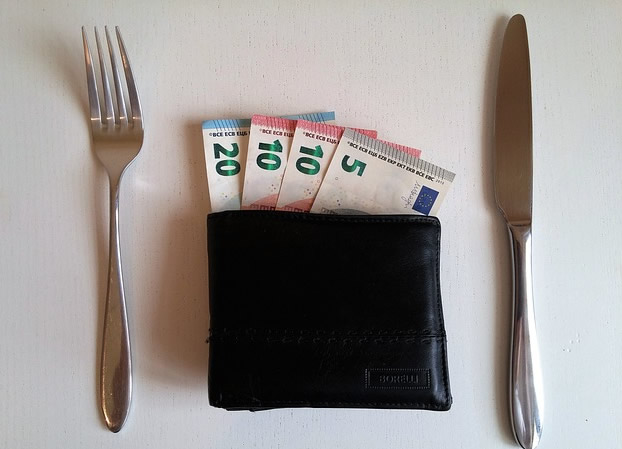先日から「How to tip around the world -「世界のチップ事情」を読んでいます。

・「世界のチップ事情」(1)
・「世界のチップ事情」(2)
・「世界のチップ事情」(3)
・「世界のチップ事情」(4)
In these circumstances, it is not uncommon for a key to a locked temple door in the Valley of the Kings to miraculously appear, or for an out-of-bounds museum toilet to suddenly be open to visitors again.
こうした状況では、王家の谷にある鍵のかかった神殿の扉の鍵が奇跡的に現れたり、立ち入り禁止になっていた博物館のトイレが突然訪問者に開放されたりすることも珍しくない。
And travellers won’t find that insight in many tourist brochures.
そして旅行者は、多数ある観光パンフレットからその道筋を見つけることはできない。
China
中国Even in the most modern of China’s megalopolises, like Beijing and Shanghai, there is a sense of superstition and tradition.
北京や上海のような最も近代的な巨大都市においてさえも、迷信と伝統の感覚がある。
Gratuities are not expected – far from it – and, while it seems hard to credit in a country obsessed with technological breakthrough and the world of tomorrow, here tipping was once prohibited.
チップは期待されておらず、それどころか技術革新と未来の世界に取りつかれたこの国では、信じがたいかもしれないが、かつてチップが禁止されていた。
Indeed, one of the tenets of China is all people are equal and none is a servant to another; and implying superiority over someone else has long been a taboo.
実際、中国の信条のひとつは、全ての人は平等であり、誰も他者の下僕ではない、というものであり、誰かに対して優越を示すことは長い間タブーとされてきた。
And while China is increasingly a country of grand hotels and circus-style restaurants,
そして中国が高級ホテルやサーカス・スタイルのレストランを持つ国になりつつある一方で
tipping – particularly in lesser-visited cities and towns – still exists somewhere between being ill-mannered and a bribe.
特にあまり観光地化されていない都市や町では、チップはいまだに無作法と賄賂の狭間に存在している。
個人的に中国はどちらかというとチップが喜ばれる国かと思っていましたので、意外です。
「誰も他者の下僕ではない」というのは、理想的ではありますが、実際のところはどうなのかな??と、ちょっと思います。
ああ社会の上層部はともかく、市井の人々には誇りがあり、チップの要求など考えもしないということなんでしょうか。
人としての温かさや情の厚さは、確かに中国の人たちに感じることがあり、あらゆる意味で熱い人たちという印象があります。
理由は単純明快!「少ないコストでしっかり楽しく学べるから」。
私自身の経験(高機能でビックリ)をびっしり書いていますので、良かったら読んでみてください。
下のバナーからどうぞ!






